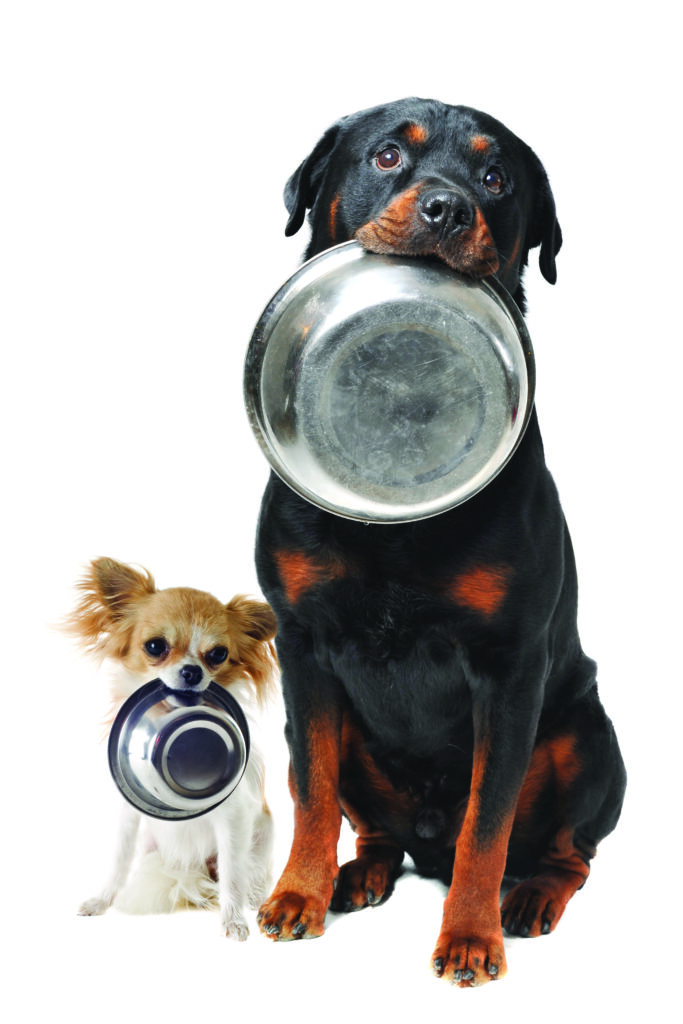Proper nutrition is essential for a healthy adult or senior dog. It’s important to choose quality foods and adjust portions according to your dog’s needs. Age and weight must be taken into account. Ray
Raising an adult or senior dog means making wise food choices. It’s important to take into account the dog’s size, breed and activity level. For a senior dog, a lower-calorie, easy-to-chew diet is recommended. The trick is to choose a balanced diet offering the right mix of proteins, fats, carbohydrates, vitamins and essential minerals, while avoiding chocolate and onions.
As for the amount of food to feed, this also depends on the dog’s age, weight, activity level and state of health. Although dog food packages often provide rationing guides, these recommendations must be adapted to your pet’s individual needs. As a general rule, we recommend feeding your dog twice a day, to maintain a balanced energy level throughout the day.
Tip
It’s important to avoid feeding your dog just before or just after intense physical activity, to prevent the risk of stomach torsion.
Did you know?
Providing optimal nutrition for adult and senior dogs is essential to promote robust health, prevent disease and support increased longevity. This translates into a shiny coat and efficient digestion, which greatly improves his quality of life. In addition, a balanced diet plays a crucial role in maintaining appropriate energy levels.
